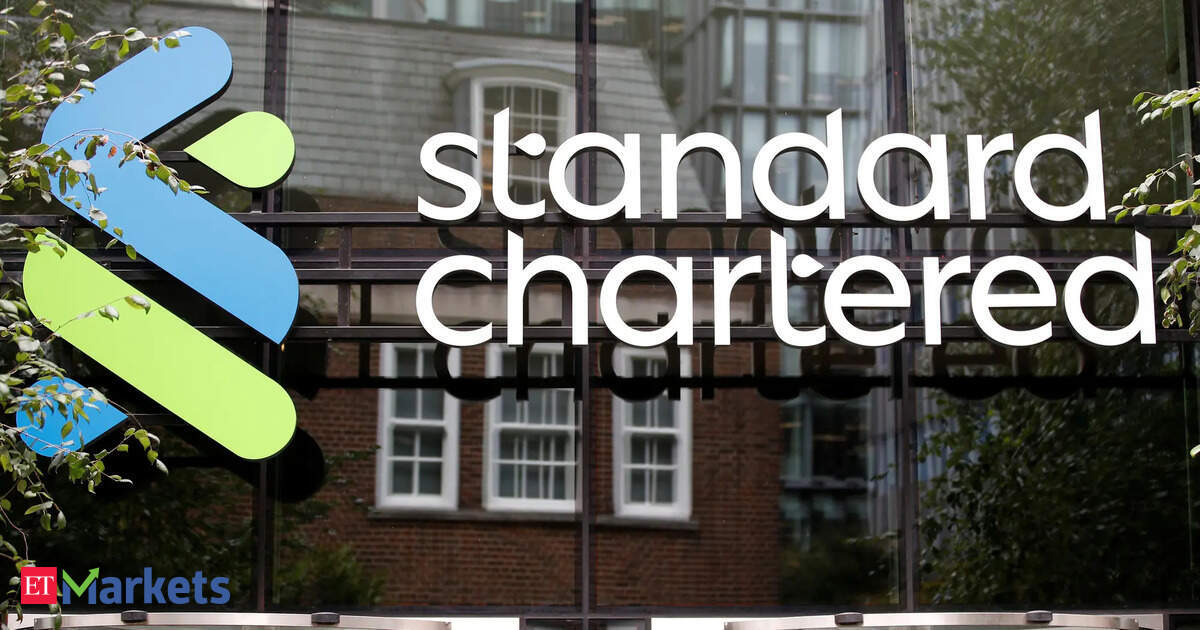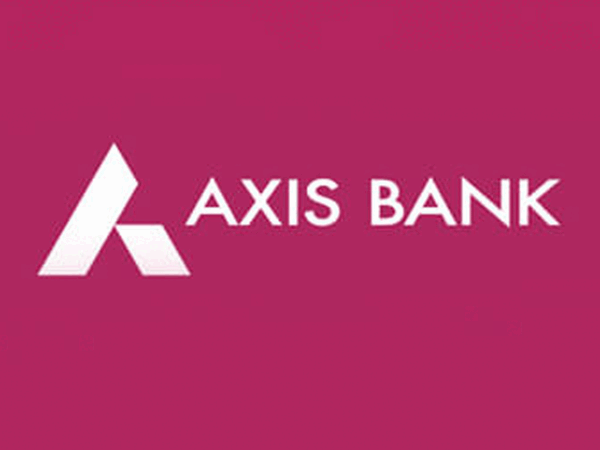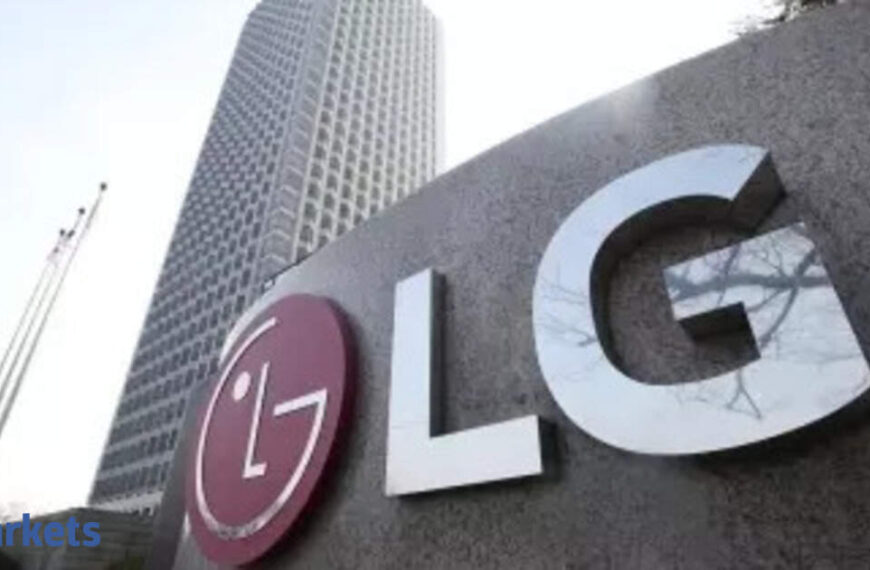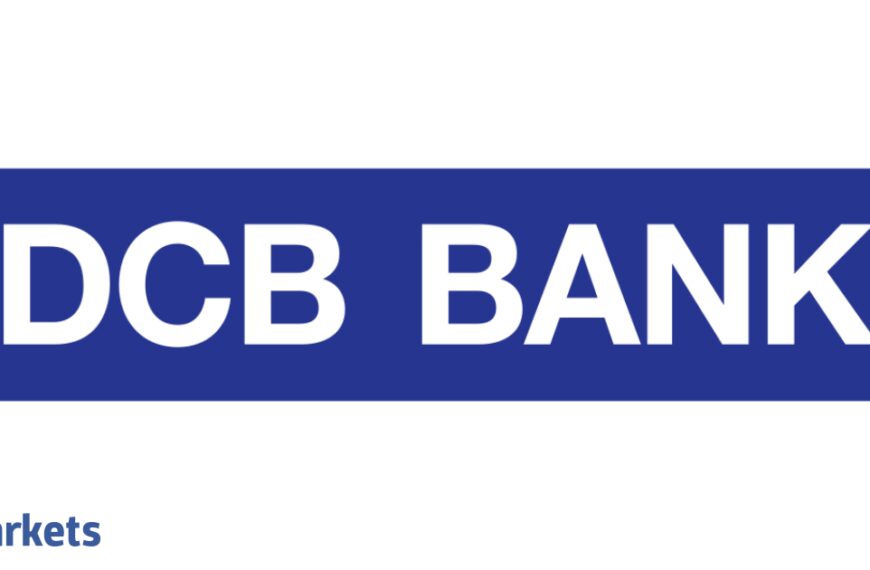At least three people from the bank’s forex derivatives desk have exited, according to two people aware of the terminations.
The regulator launched a probe a few months ago after several small enterprises alleged the bank did not follow due process while selling leveraged forex derivative contracts. Last month, the investigation reportedly found merit in some of these claims, prompting the overseas lender to initiate corrective steps.

While it is unclear whether the departures are directly linked to the investigation, they come at a time when scrutiny on the desk has intensified.
When asked about a few employees leaving following the RBI investigation, a Standard Chartered spokesperson said the “bank categorically states that the allegations are completely baseless, frivolous and malicious in nature.”
Possible Inadequate Disclosures
Separately, the bonuses of a few senior officials, including key leadership in the financial markets division, have been withheld, people familiar with the matter said, citing the ongoing nature of the internal review and regulatory concernsA person with knowledge of the matter said the exits follow the regulatory probe. “The development follows RBI’s inspection which shows that the bank sold forex derivative products to clients without their proper knowledge,” one of the people said. Another person in the know, however, said that while a couple of people have resigned from the forex desk, it could be due to reorganisation.
RBI did not respond to requests for comment.
Bloomberg on Wednesday first reported that the bank sold target redemption forwards, a complex forex derivative product, to small and medium enterprises without adequately disclosing the risks involved, exposing these clients to significant financial losses. RBI has flagged issues relating to the bank’s maintenance of reserves and the accounting treatment of forward rate agreement trades in previous financial years, according to that report.
“With reference to the news published by Bloomberg and picked up by certain sections of the media, we categorically refute the contents of the article that are unverified, ‘source-based’ and malicious,” said the bank’s spokesperson, in response to ET’s queries.
“Specifically, there are speculative and inaccurate statements around lapses in the bank’s derivatives sale processes and risk controls,” said the spokesperson. “The bank offers structured products to only eligible client segments.”
In March, ET had reported that exotic currency derivatives were making a comeback, though in a milder form, amid a weakening rupee and global uncertainty. Back in 2006–07, many Indian companies had unknowingly participated in risky, complex forex derivative deals, lured by promises of better exchange rates.
These structures later led to major losses. Following the fallout, RBI banned highly leveraged products like exotic swaps. While current deals are less complex, banks and corporates are again actively cutting over the counter (OTC) synthetic forex derivative contracts, exploiting regulatory gaps.















